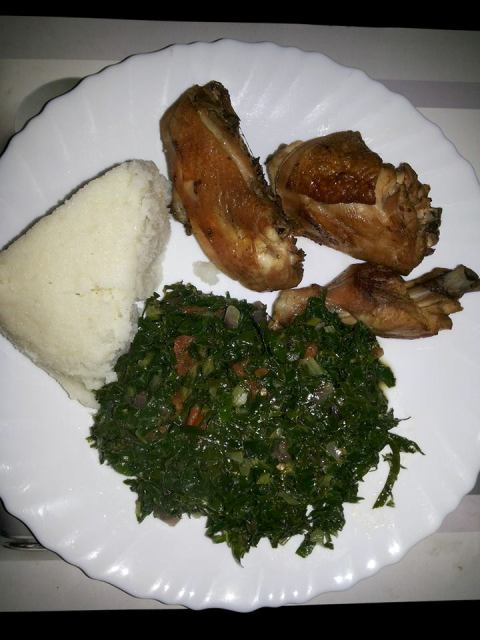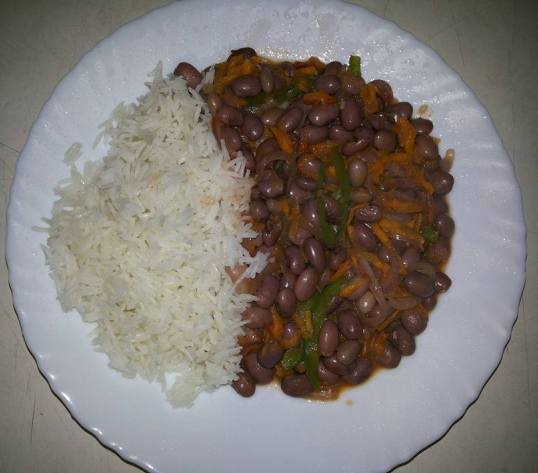What should you or should you not eat when pregnant? And what is that they say about not eating liver during pregnancy? Guest writer Dr. Stephen Mutiso, a consultant obstetrician / gynaecologist offers us helpful insights with regard to this.
What Foods Should You Eat While Pregnant?
Pregnant women should eat healthy foods in order to provide adequate nutrition to the growing baby. A pregnant woman must strive to eat a balanced diet, as this is crucial for the healthy development of the baby.
A diet is balanced if it contains the following: starch, proteins, vitamins and minerals. Thankfully, many of our locally available foods are rich in these nutrients, and they are affordable. Foods rich in starch include ugali, rice, chapati and potatoes. Common sources of proteins include beans, peas, fish, milk, eggs and meat. There are many fruits and vegetables available locally which are a good source of vitamins and nutrients and include spinach and sukuma wiki.
It is also important to note that the demand for iron in pregnancy is very high and cannot be met purely through foods. That is why iron supplementation is recommended during pregnancy.
A high intake of fiber and water is recommended during pregnancy, as it helps to reduce constipation because pregnancy slows down bowel movement.
What about Liver During Pregnancy? Should you or Should you not Eat?
It is not advisable to eat foods rich in vitamin A –such as liver or if eaten, they should be eaten in moderation. This also applies to supplements that contain high doses of vitamin A. This is because high doses of this vitamin have been associated with significant birth defects, hence caution to avoid prenatal vitamins containing this vitamin. This caution is especially important for women planning to get pregnant, and during the first trimester of pregnancy when the organs are forming.
Pregnant women are also advised to avoid raw and undercooked meat which may increase risk of acquiring toxoplasmosis which may affect the baby.
Alcohol must be avoided at all times.
Should I be Eating for Two When Pregnant?
From a nutritional point of view, a pregnant woman eats for two, hence the need for her to eat nutritious food. However, this does not mean eating twice as much in pregnancy. She should focus on ensuring she eats quality food, not quantity food. Eating too much is bad both for the mother and baby and could lead to problems.
How Much Weight Should I Gain During Pregnancy?
Weight gain during pregnancy is vital in preparation for breastfeeding. The recommended weight gain for non-obese women by the end of pregnancy is 10-12kg.This translates to about 0.5kg per week. If one is obese, the recommended weight gain is about 8kg.Weight loss during pregnancy is not recommended, so one should not be on a weight-loss diet.
Most of the weight gain occurs after 20 weeks of pregnancy when nausea and vomiting has reduced or even ceased.
Gaining too much weight increases the risk of gestational diabetes, backache, high blood pressure and a likely caesarean section due to a big baby. Too little weight gain can lead to low birth weight and premature birth.
 Dr. Stephen Mutiso is based in Nairobi, and he provides a wide range of gynaecological services including: antenatal care, delivery (normal and caesarean), infertility treatment, fibroids, fistula issues, and screening for reproductive tract cancers, and gynaecological operations.
Dr. Stephen Mutiso is based in Nairobi, and he provides a wide range of gynaecological services including: antenatal care, delivery (normal and caesarean), infertility treatment, fibroids, fistula issues, and screening for reproductive tract cancers, and gynaecological operations.
He is based at KNH Doctor’s Plaza, Suite 26/27
Tel: 0722 678 002 or 0788 306 674










































Thanks Steve for sharing
Very educative and helpful to young mothers.
[…] What Foods Should A Pregnant Woman Eat? What about Liver? […]
[…] What Foods Should A Pregnant Woman Eat? What about Liver? […]
Well, now I want the plate with Ugali, chicken and sukuma.
Really helpful – I didn’t know that vitamin A is not recommended during pregnancy. I’m surprised though that you have white instead of brown rice.
quite inrformative